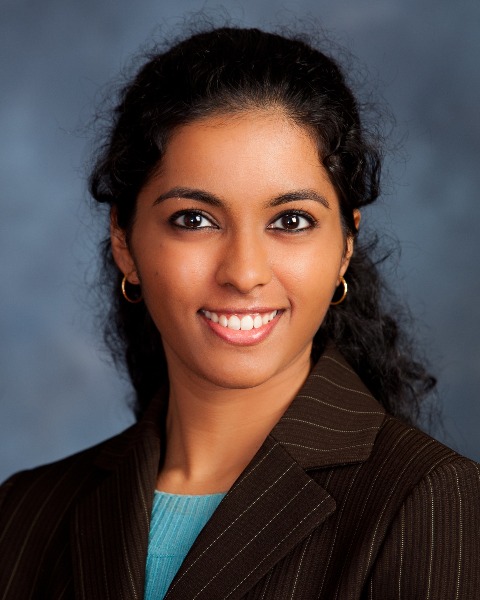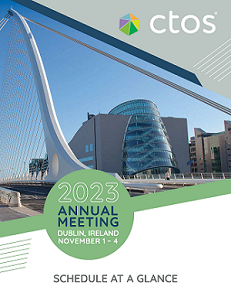
Sneha Ramakrishna, MD (she/her/hers)
Assistant Professor
Division of Pediatric Hematology, Oncology, Stem Cell Transplantation & Regenerative Medicine, Department of Pediatrics, Stanford University
Sneha Ramakrishna obtained her B. A. from the University of Chicago and her M.D. from the Cleveland Clinic Lerner College of Medicine at Case Western Reserve University. In medical school, through the Howard Hughes Medical Research Scholar Award, she joined Dr. Crystal Mackall’s laboratory, where she designed and developed various GD2 CAR-Ts and tested them in preclinical models. During her residency training in Pediatrics at the Children’s Hospital of Philadelphia, she cared for some of the first patients treated with CD19 CAR T cells, learning the power of this therapy first-hand. During her fellowship in Pediatric Hematology/Oncology at the Johns Hopkins/National Cancer Institute combined program, she worked with Dr. Terry Fry. She evaluated the mechanism of CD22 CAR T cell relapse in patients by developing an antigen escape model and establishing a deeper understanding of the effects of antigen density on CAR-T phenotype, expansion, and persistence (Fry…Ramakrishna…Mackall Nat Med, 2018; Ramakrishna, et al., Clinical Cancer Research, 2019). Since arriving at Stanford, Dr. Ramakrishna leads an interdisciplinary team that designs, develops, and successfully implements a robust correlative science platform for our novel CAR-T therapies. Analyzing patient samples from our first-in-human GD2 CAR-T trial (NCT04196413) treating a universally fatal cancer, diffuse midline glioma (DMG), we identified that intracerebroventricular CAR-T administration correlates with enhanced pro-inflammatory cytokines and reduced immunosuppressive cell populations in cerebrospinal fluid as compared to intravenous CAR-T administration (Majzner*, Ramakrishna*, et al., Nature 2022 *co-first authors). Her research program evaluates unique sets of patient samples using novel single-cell immune profiling to identify the drivers of CAR-T success or failure. Building on these findings, her team will assess approaches to enhance CAR-T efficacy and translate these findings to the clinic.

